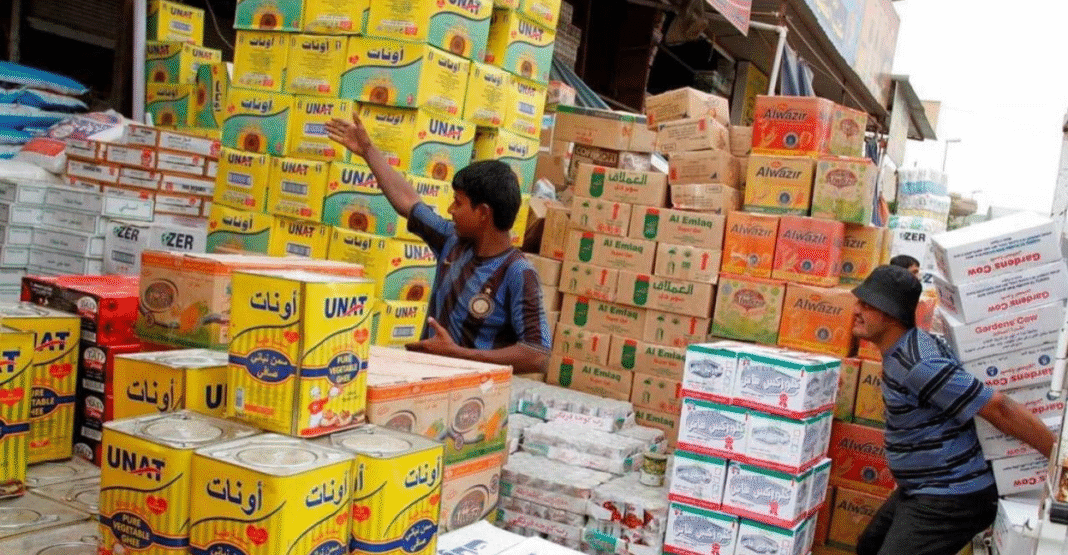Baghdad’s inflation slowed for the second consecutive month in July 2025, according to the Ministry of Planning. The consumer price index (CPI) dropped by 0.1%, showing clear signs of price stability. This Baghdad inflation declinehighlights easing pressure on household budgets.
Ministry spokesperson Abdul-Zahra al-Hindawi confirmed that annual inflation fell 1.2% compared to July last year. He explained that this improvement came from lower prices across sectors covering nearly 90% of household expenses. Families in Baghdad are starting to feel relief as essential goods become more affordable.
Food and non-alcoholic beverages led the overall drop, recording a 1% decline. Within this category, fish prices fell sharply by 4.1%, vegetables by 2.9%, fruit by 1.8%, and dairy and eggs by 0.7%. This trend brought significant relief to households because food remains one of the largest components of consumer spending. The Baghdad inflation declinealso reflected reduced costs in other essential areas.
Communication expenses decreased by 0.1%, while recreation and culture dropped 0.7%. Miscellaneous goods and services fell by 0.3%, and household equipment prices declined 0.1%. These reductions, though smaller, contributed to easing financial pressure on consumers.
Economic analysts believe the Baghdad inflation decline could strengthen consumer confidence across the capital and nearby regions. They expect purchasing power to improve gradually, which may encourage higher spending in the coming months. However, experts also warn that global commodity prices and import costs remain key risk factors that require close monitoring.
The Ministry of Planning announced plans to continue tracking monthly price changes to control inflation effectively. If this downward trend continues, families in Baghdad could experience greater financial stability and improved living conditions. For now, the Baghdad inflation decline offers a positive outlook for both consumers and the broader economy.


